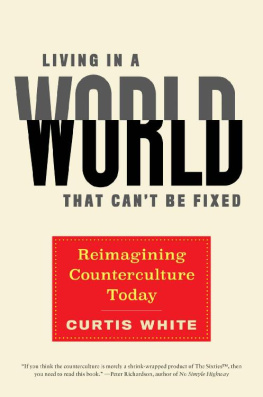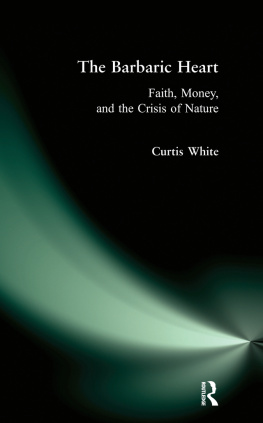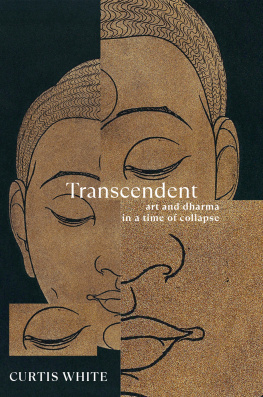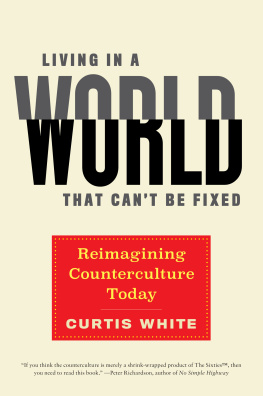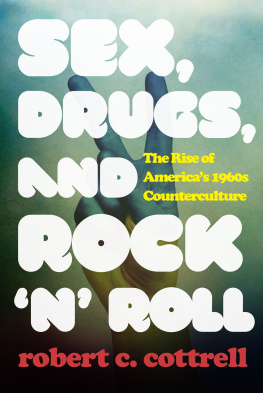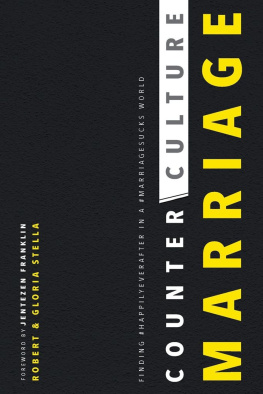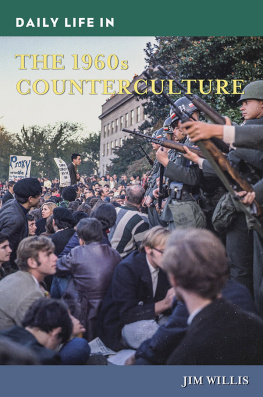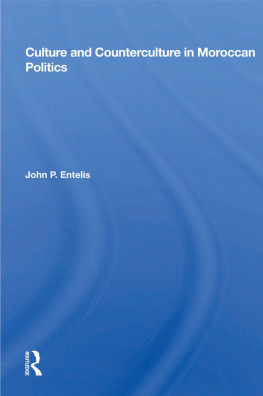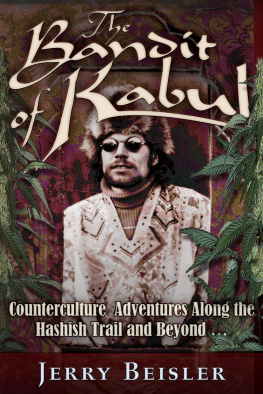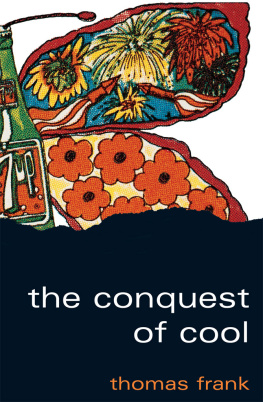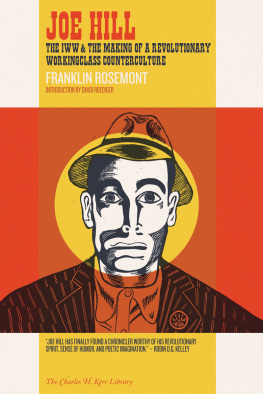ALSO BY CURTIS WHITE
NONFICTION
Monstrous Possibility: An Invitation to Literary Politics
The Middle Mind: Why Americans Dont Think for Themselves
The Spirit of Disobedience: Resisting the Charms of Fake Politics, Mindless Consumption, and the Culture of Total Work
The Barbaric Heart: Faith, Money, and the Crisis of Nature
The Science Delusion: Asking the Big Questions in Culture of Easy Answers
We, Robots: Staying Human in the Age of Big Data
FICTION
Heretical Songs
Metaphysics in the Midwest
The Idea of Home
Anarcho-Hindu
Memories of My Father Watching TV
Requiem
Americas Magic Mountain
Lacking Character
LIVING IN A WORLD THAT CANT BE FIXED
Copyright Curtis White, 2019
All rights reserved
First Melville House Printing: November 2019
Melville House Publishing
46 John Street
Brooklyn, NY 11201
and
Melville House UK
Suite 2000
16/18 Woodford Road
London E7 0HA
mhpbooks.com
@melvillehouse
ISBN9781612198088
Ebook ISBN9781612198095
Library of Congress Control Number: 2019945816
Book designed by Alex Camlin, adapted for ebook
A catalog record for this book is available from the Library of Congress
v5.4
a
The counterculture, far more than merely meriting attention, desperately requires it, since I am at a loss to know where, besides among these dissenting young people and their heirs of the next few generations, the radical discontent and innovation can be found that might transform this disoriented civilization of ours into something a human being can identify as home.
Theodore Roszak, The Making of a Counterculture
Contents
Introduction
This is a book about counterculture, and thats a problem. Counterculture is a word that is fraught with associations, connotations, and mendacities. The word counterculture has baggage, as we say (freight and fraught derive from the same Dutch root). Counterculture has been ridiculed for fifty years in the mainstream/corporate media as something that belongs only to the 1960s, to hedonist, weed-toking hippies, to communes, and to the failed social agenda of the high-60s (no pun intended). But counterculture was not the creation of hippies, or of Beatniks, Dadaists, decadents, or the turn of the century Arts and Crafts movement before them. All of these movements were, however, countercultural in spirit, especially the Arts and Craft vision of a more authentic (more handmade) form of living. (Coincidentally, Im sitting on a Mission Oak sofa as I type this, Stickley chairs waiting around the kitchen table.) So, what was the source of the countercultural spirit they all shared?
Counterculture as we know it was a creationor, better yet, an improvisationof the English Romantics, the first artistic and social movement to knowingly and deliberately drop out of its own world. After the bloody disappointments of the French Revolution, they were no longer under the illusion that nations could be fixedwhat had been a pride / Was now a shame, as Wordsworth wroteso instead of revolution the Romantics simply withdrew from the dominant culture of early 19th-century England. They dropped out of its rationalism, its industry, its obsession with business and trade, and, most personally, they dropped out of the English class system and its social hierarchies. All of the subsequent movements inspired by the Romantics shared their sense that the world they had been born into offered only punishingly narrow options for life. They felt, as Paul Goodman put it in the 1950s, that if they stayed within that world they had no choice except to grow up absurd, diminished in their own eyes as human beings, and diminished morally for aiding the larger purposes of their world: poverty, oppression, and war. And so they improvised.
Our own moment is not without its absurdities and destructiveness. For instance, many young people now are offered the following: learn to work with intelligent machines, with computers and robots, or else. Never mind the conspicuous fact that to agree to that work not only has the effect of reducing themselves in their own eyes, but it makes them complicit with vast governmental and corporate structures that enforce inequality and have every appearance of being in the process of destroying the natural world. Well might a recent college graduate in one of the STEM disciplines complain, Its not bad enough that we have to accept the absurdity of this work, this life as a data dog, but we have to aid and abet inequality and destruction while were at it?! As Goodman put it in Growing Up Absurd (2012), The question is what it means to grow up into such a fact as: During my productive years I will spend eight hours a day doing what is no good.
Englands Romantic counterculture began with the cult of feeling that produced weeping novels like Henry Mackenzies The Man of Feeling (1771). In Mackenzies novel are prescient expressions of the Romantic such as, There is a certain poetic ground, on which a man cannot tread without feelings that enlarge the heart: the causes of human depravity vanish before the romantic enthusiasm he professes Wordsworth, in his private world apart in the Lake District, turned Mackenzies notion into the definition of poetry: the spontaneous overflow of powerful feelings. Poetry created an alternative to a world dominated by facts, facts, facts, as Thomas Gradgrind insisted in Charles Dickenss Hard Times (1854). (Dickens was himself famously weepy, and all of his heroes and heroines marked their virtues with tears.)
Later, the cult of feeling generated utopian ventures led by poets. Samuel Taylor Coleridge and Robert Southey planned to buy land in Pennsylvania for the purpose of creating a democratic commune called Pantisocracy where birth did not dictate social role, women were equal members, and art was the true if unacknowledged legislator of the world, in Percy Bysshe Shelleys famous phrase. Shelley renounced his social station and estate (his grandfather was a Peer of the Realm) and devoted himself to poetry and then to atheism, nonviolence, vegetarianism, free love, and the emancipation of women. (Mary Shelleys mother was Mary Wollstonecraft, author of A Vindication of the Rights of Woman (1792), one of the founding texts of feminism.)
Romanticism was not merely a period in art history; it was a social movement first. It was a rebellion against a rigid class system that condemned individuals to specific and limited social roles and denied their individual genius, leaving graveyards full of unrealized human potential, as wed say, or mute inglorious Miltons, as Thomas Gray put it in his Elegy Written in a Country Churchyard (1751). The Elegy prefigured the class resentments that would define the English Romantics, and for which upper-class critics attacked them. In particular, Keats was crudely criticized for being of the Cockney School of poetry, a vicious dig at his working class birth. But Keatss critics understood something that was not obvious: this new breed of poet was a threat to their status and their interests.
There is a remarkable pattern in the biographies of the English Romantics: all rebelled against the plans that England had for them. Coleridge was meant to be a clergyman, Keats a surgeon, and Shelley a Peer. Wordsworth looked in horror upon the prospect of vegetating on a paltry curacy. What England offered was too limited, and the Romantics wanted something oceanic, something with the feeling of the eternal, as the French novelist Romain Rolland expressed it in a letter to a skeptical Sigmund Freud. So they refused their station in life. They wanted to be Poets with a capital P. But Poet was not an approved role available to anybody, rich or poor. To say, I want to be a poet, was much like the young troubadour of the present saying, I dont want to write code for Google. I want to write songs and play in a band. To be a poet was in essence to say fuck off to everything about the world at that pointthe monarchs, the nobility, the men of business, the endless wars, and the gross inequality. The Romantics were war dodgers, blasphemers, and communalists, which is why they lived in fear of prison under the Sedition and Blasphemy laws that the Tories established after the French Revolution as a means of controlling revolutionaries, pamphleteers, atheists, and poets. (A spy was assigned to observe the young radicals Wordsworth and Coleridge. This spy reported that the two were suspiciously interested in spy nozy, also known as Spinoza.)

